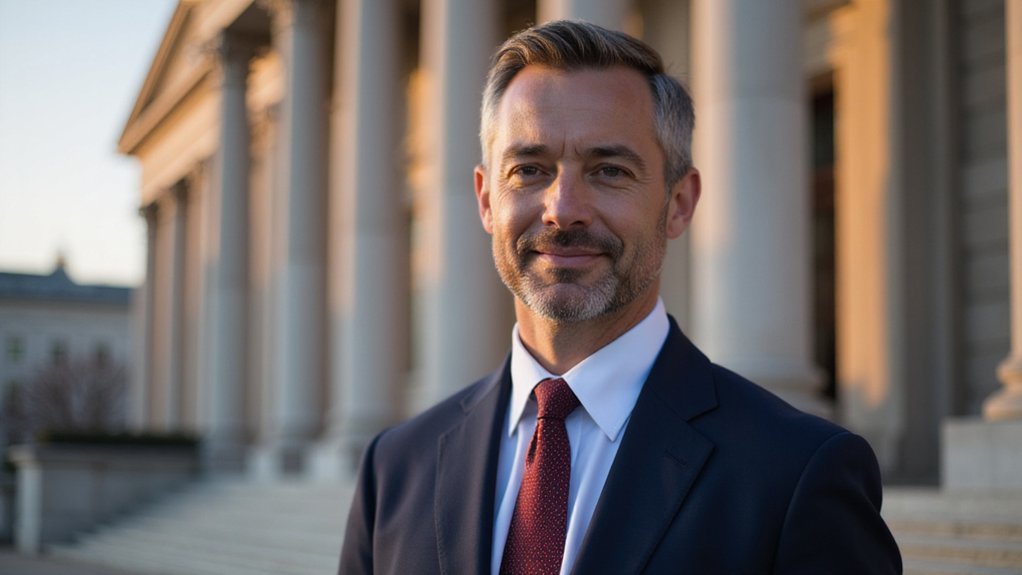Former President Donald Trump has nominated Stephen Miran, the accomplished economist who previously chaired the Council of Economic Advisers, to serve on the Federal Reserve’s Board of Governors—a move that signals yet another attempt to populate the nation’s central bank with officials who might view the institution’s independence as more of a suggestion than a sacred covenant.
The August 7, 2025 nomination arrives amid persistent debates over interest rate policy, with Miran’s appointment clearly intended to advance Trump’s preference for lower rates and what he characterizes as enhanced Fed accountability. Senate Banking Committee Chairman Tim Scott has already endorsed Miran’s qualifications, suggesting confirmation proceedings may proceed with remarkable efficiency (at least by Senate standards).
Miran brings considerable policymaking experience from his CEA tenure, where he championed pro-growth initiatives and consistently criticized what he perceives as Federal Reserve politicization. His economic philosophy emphasizes transparency and accountability—concepts that sound invigoratingly straightforward until one considers how selectively such principles tend to be applied in Washington’s perpetual theater of monetary policy disputes.
The nomination reflects broader Republican efforts to reshape Fed governance, particularly regarding communication strategies and rate-setting decisions that have frustrated markets and politicians alike. Miran’s advocacy for institutional transparency aligns conveniently with Trump’s historical complaints about Fed independence, though whether genuine reform or partisan influence represents the true objective remains deliciously ambiguous. The evolving regulatory frameworks for financial institutions continue to balance innovation with risk mitigation across the broader economic landscape.
Market observers anticipate Miran’s confirmation could influence the Fed’s policy emphasis, especially concerning rate adjustments and public messaging. His background suggests he’ll advocate for maintaining the Fed’s legislative mandate while questioning operational decisions that venture into politically sensitive territory—a balancing act that would challenge even the most diplomatically gifted economist. The Federal Reserve’s maximum employment and stable prices mandate will likely frame much of the debate around his qualifications.
The Senate Banking Committee’s review process will likely focus on Miran’s views regarding Fed governance and monetary policy priorities. His confirmation would continue the trend of appointing ideological allies to critical economic positions, ensuring the Federal Reserve’s composition reflects prevailing political preferences rather than purely technocratic considerations.
Whether this represents democratic accountability or institutional capture depends largely on one’s partisan perspective and faith in central banking orthodoxy.







